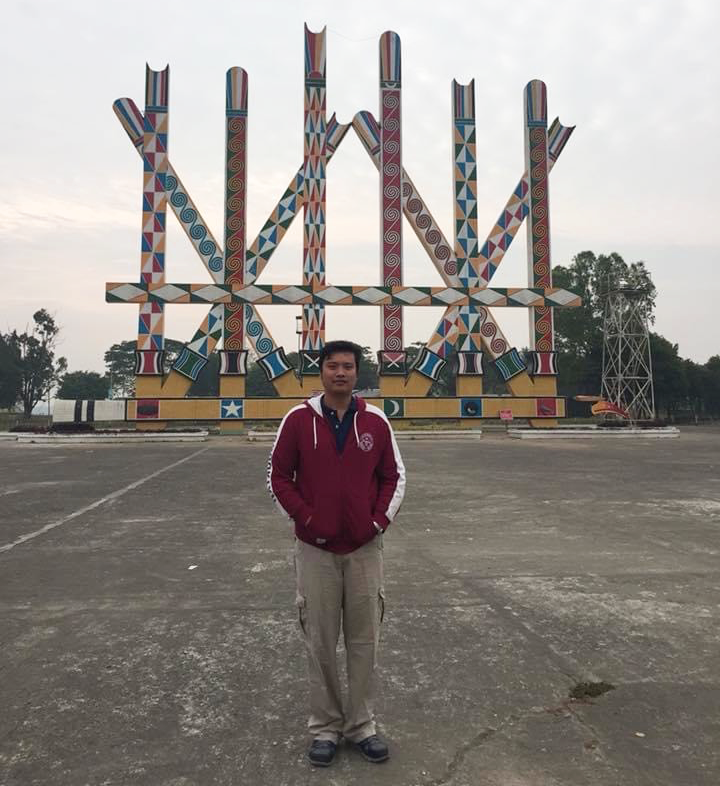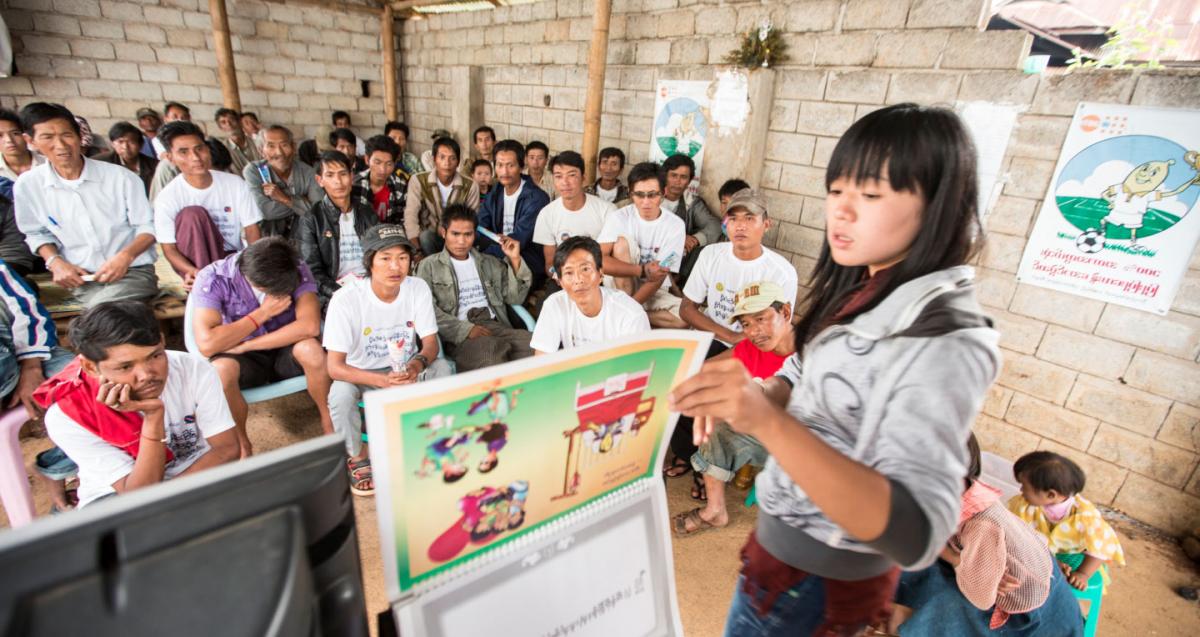In fighting against HIV, what do you and your organization do?
As Principal Recipient, UNOPS plays a crucial role in bringing life-saving treatments to people in need. UNOPS is also actively supporting the strengthening of the government health system, and is responsible for delivering the targets set out in the grant agreement in collaboration with selected sub-recipients, the national programme and United Nations agencies.
What motivates you to keep going?
One of my major motivations is being involved in strengthening the health sector’s monitoring and evaluation system. Data quality is one of the important factors for the health system in terms of the analysis and decision-making processes. The quality of national HIV programme data has much improved compared with previous years. It is necessary to continue real-time data collection and analysis at the operational level. This strategy is already clearly stated in the national strategic plan and incorporated in the Global Fund grant-making process for 2021–2022.
What are the challenges you face during this COVID-19 pandemic?
Due to travel restrictions, minimizing outreach activities and sparing the healthcare workforce during the COVID-19 pandemic, the target for reaching key populations with HIV prevention services is expected to be underachieved. In this regard, the Global Fund is supporting through its COVID-19 Response Mechanism (C19RM) grant, starting from the first wave of COVID-19, to minimize negative impact and optimize HIV prevention activities during the pandemic. The positive news, however, is that due to C19RM mitigation interventions, the HIV programme has not been hugely impacted.
What is your message regarding World AIDS Day 2020?
Let me reflect on WHO’s health message: ‘ART and TB preventive treatment in people living with HIV can save millions of lives’. Therefore, we need to improve knowledge on the importance of TB preventive therapy in people living with HIV. Continuous advocacy is needed by all stakeholders as part of the Shared Responsibility theme!
Where would you like to see Myanmar in the fight against HIV?
The World AIDS Day 2020 theme of Shared Responsibility should ensure that ‘communities make a difference in increasing access to life-saving care’. The communities are important for the HIV response by helping people achieve their rights, promoting access to health and social services, ensuring the most vulnerable people are reached, and helping to change discriminatory laws. I would like to see major involvement of communities and civil society organizations in fighting against HIV/AIDS.



